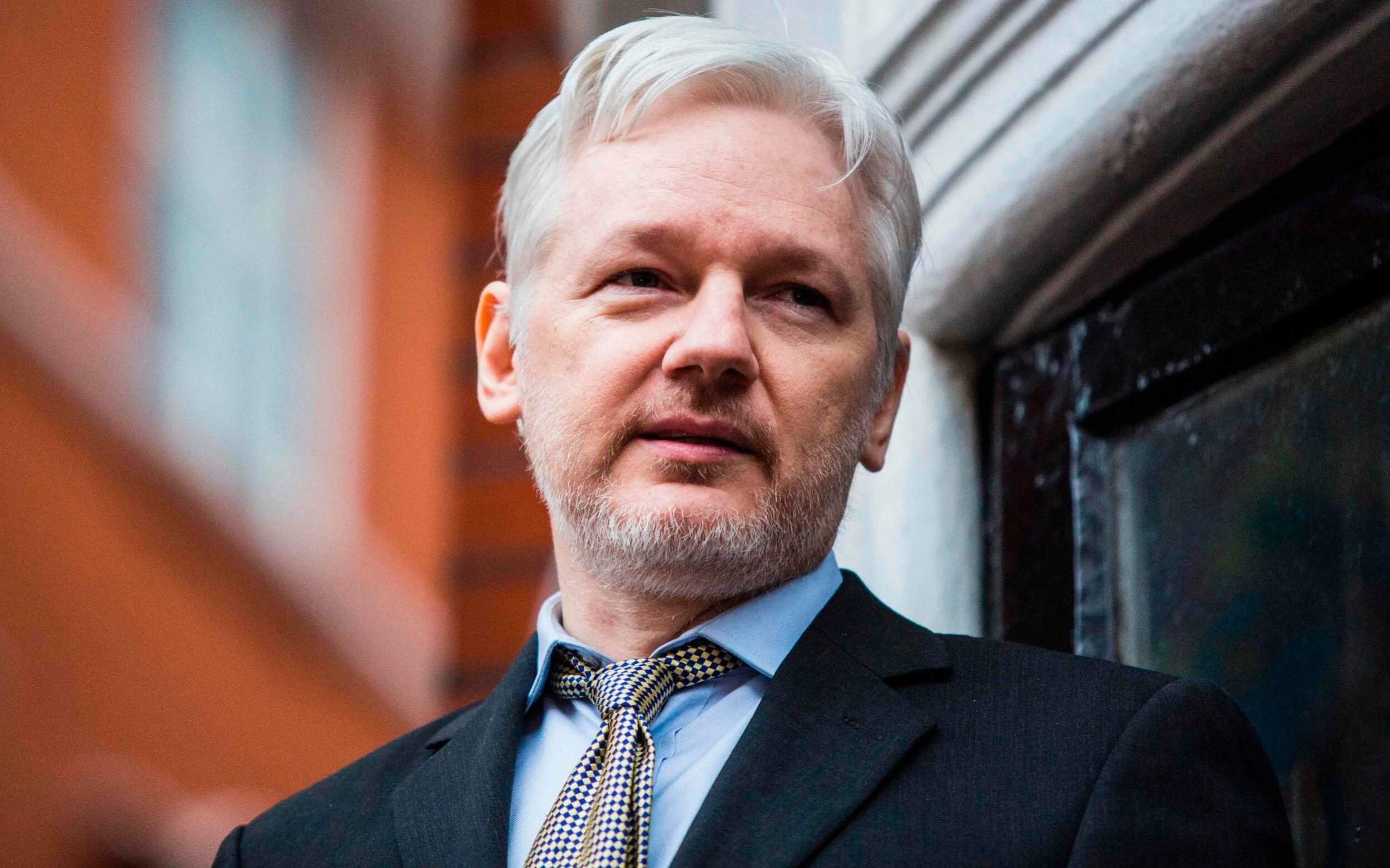Australian MPs visit London in hopes of blocking Assange extradition
Source: https://www.telegraph.co.uk/news/2017/05/19/did-sweden-drop-rape-investigation-julian-assange-free-leave/
On February 18th, two Australian MPs visited Julian Assange at Belmarsh prison in south-east London, where their countryman is currently being held. The visit came as part of an ongoing attempt to block the extradition of the former WikiLeaks boss to the US and instead return him to his native Australia. An extradition hearing in the UK’s Woolwich crown court is set to begin next week.
Following the visit, the MPs, George Christensen and Andrew Wilkie, spoke of Assange as “a man under enormous pressure” whose physical and mental health were seriously suffering. Assange spent seven years in asylum at the Ecuadorian Embassy in London before a dispute with his host authorities led to British police being invited into the Embassy for his arrest. During his time in London, Assange was charged in the US with counts of espionage and conspiracy to hack into a Pentagon computer network, which would likely result in 175 years in a federal prison.
At the heart of the Assange case is freedom of expression. Wilkie, who is the co-leader of the Bring Julian Assange Home parliamentary group, said at a recent press conference that extradition would set the dangerous precedent that “if you are a journalist who does anything that offends any government in the world then you face the very real prospect of being extradited to that country.” He continued, “[t]his is a political case and what is at stake is not just the life of Julian Assange. It is about the future of journalism.” Wilkie supports Assange’s decisions to release Iraq and Afghan War logs depicting alleged war crimes committed by US soldiers, saying it was “the right thing” to inform the public of such atrocities.
Blocking the extradition would be difficult without violating international agreement. Under the UK–US extradition treaty of 2003, the US has the power to demand the extradition of any individual in UK custody who has acted in breach of US law. This is the case even if the offence is committed in the UK by an individual living and working in the UK, and does not have a reciprocal provision. Wilkie describes the treaty as inherently one-sided, referencing the recent US decision not to extradite a woman accused of causing the death of Briton Harry Dunn on an English motorway. Politically, Boris Johnson already faces an uphill battle in striking a new trade deal with the US following Brexit. It seems unlikely he would want to further prejudice negotiations.
Even if Boris Johnson exercises his ability to stop the extradition proceedings, Assange still has to reckon with the massive physical and mental toll from the events of the past ten years. Nils Melzer, the UN Special Rapporteur on torture, says the constant threat of what would effectively be a death sentence in US prison is akin to torture, and that if Assange were to die in UK prison, he would have been tortured to death. In a recent open letter, a group of doctors representing 117 doctors from 18 countries called for the termination of “the psychological torture and medical neglect of Julian Assange.”




